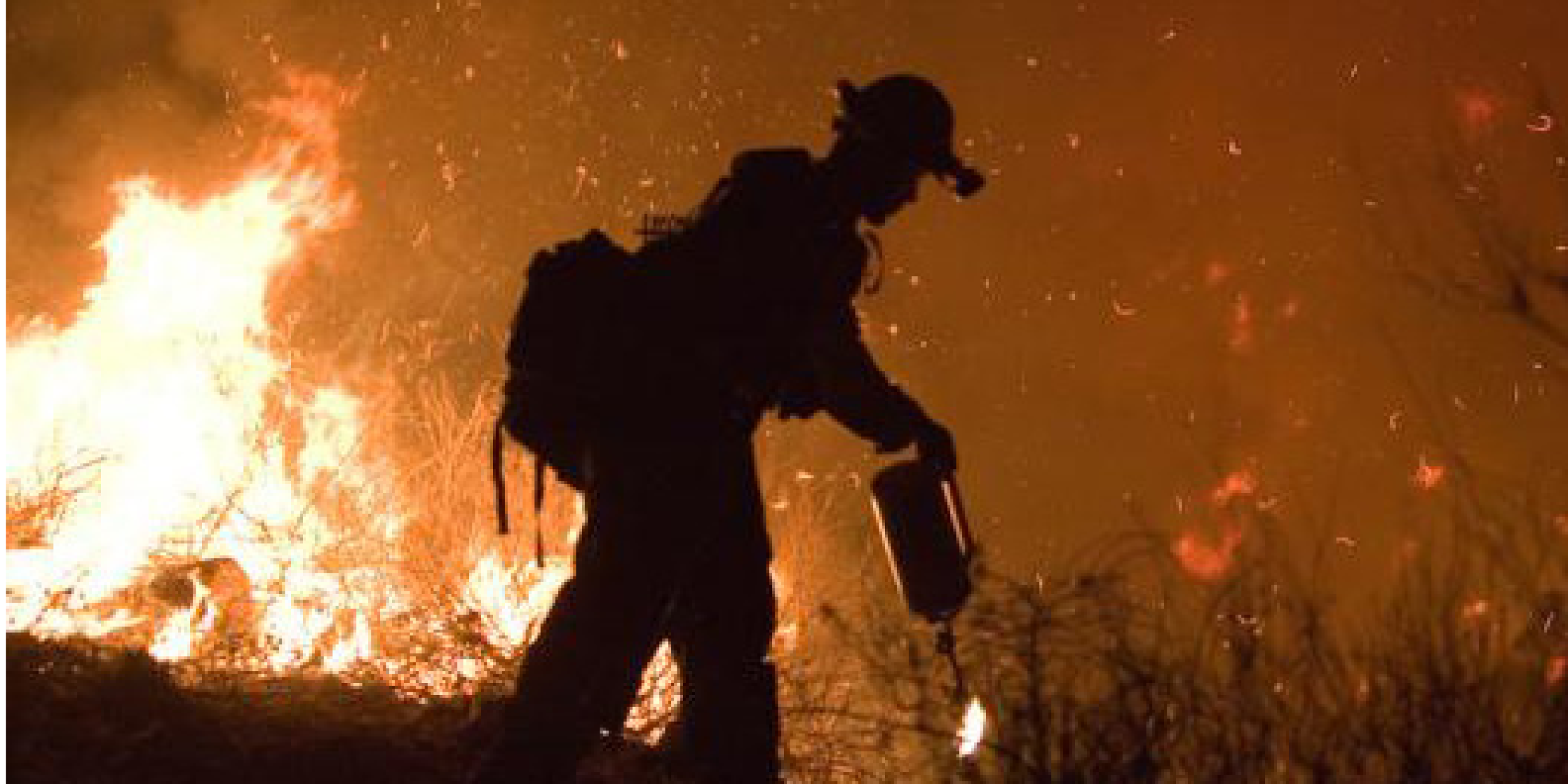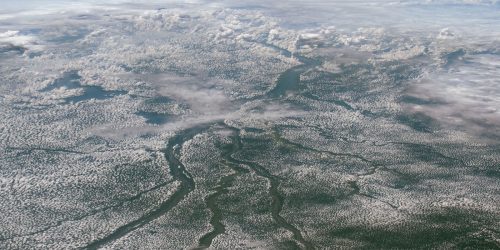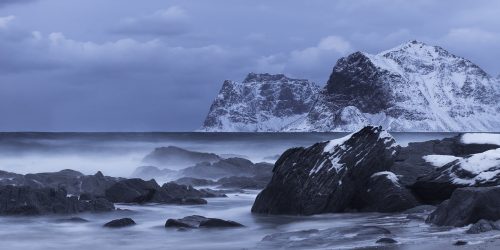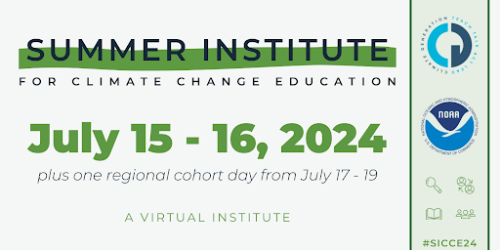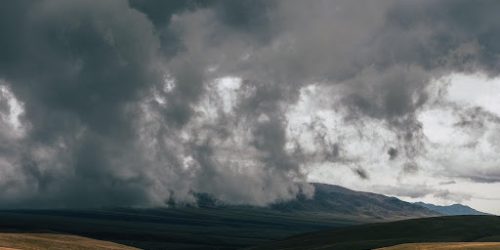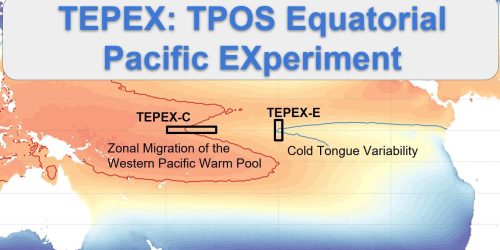In FY16 the AC4 program funded 10 new projects consisting of 17 individual grants totaling $6.5 million to universities and non-Federal research laboratories. The projects will support the Fire Influence on Regional and Global Environments Experiment (FIREX) led by NOAA’s Chemical Science Division, which is investigating emissions and chemical transformation resulting from wildfire burning in Western United States starting in FY17.
The FY16 awards are three-to-four years long. All in preparation for the intensive field phase in FY18, the projects focus on:
Instrument and model development and initial lab and field experiments, Participation in studies at the Missoula Fire Science laboratory, Simulation chamber studies, Field observations from mobile laboratories and ground sites, and Data assimilation into models and incorporation in inventories.
The new competitively selected projects to be funded by the AC4 program in FY16 are:
- “Tracking Nitrogen Oxides Emissions and Nitrate Formation in Biomass Burning Plumes.” PI: Meredith Hastings (Brown University), Co-PI: Jack Dibb (University of New Hampshire).
- “Design, Decisions, and Critical Data for FIREX.” PI: Robert Yokelson (University of Montana).
- “Studies of Atmospheric Brown Carbon Chemistry in Support of the FIREX Campaign.” PI: Alexander Laskin (Pacific Northwest National Laboratory), Co-PI: Sergey Nizkorodov (University of California, Irvine).
- “Investigating the Nighttime Chemistry of Biomass Burning Emissions.” PI: Kelley Barsanti. Co-PI(s): (University of California, Riverside), Steven Brown (NOAA Earth System Research Laboratory), and Robert Yokelson (University of Montana).
- “Quantification of Gas and Aerosol Characteristics from North American Fires: Emissions, Evolution and Exposure.” PI: Scott Herndon (Aerodyne Research, Inc.), Co-PI: Ezra Wood (University of Massachusetts, Amherst.)
- “Characterizing Oxidized North American Fire Emissions and Their Aqueous/Multiphase Atmospheric Transformations through the FIREX Campaign.” PI: Barbara Turpin (University of North Carolina at Chapel Hill).
- “Fires in the Western US: Analyzing Emitted Speciated Organic Trace Gases and Aerosols and their Atmospheric Chemical Transformations.” PI: Allen Goldstein (University of California, Berkeley), Co-PI: Nathan Kreisberg (Aerosol Dynamics, Inc.).
- “Identifying, Quantifying, and Constraining Uncertainties Associated with Black Carbon Emissions during Open Biomass Burning.” PI: Andrew May (The Ohio State University), Co-PI: Gavin McMeeking (Handix Scientific, LLC).
- “Influence of Atmospheric Aging on Fire-Derived Carbonaceous Particles: Laboratory Studies and Modeling in Support of FIREX.” PI: Christopher Cappa (University of California, Davis), Co-PI: Jesse Kroll (Massachusetts Institute of Technology).
- “Improving Emissions, Predictions and Impact Assessments of Biomass Burning Smoke and Dynamic Air Quality using FIREX Observations, Ground Networks and Satellite Data.” PI: Daven Henze (University of Colorado). Co-PI(s): Pablo Saide (National Center for Atmospheric Research), Gregory R. Carmichael (University of Iowa), and David Streets (Argonne National Laboratory).
An additional 10 new projects totaling $5.2 million are projected to be funded in FY17. Apart from FY16’s $6.5 million, these new projects will focus on modeling and additional field, satellite, and airborne observations. Coordination with other agencies potentially complementing NOAA’s FIREX will be a key part of AC4’s effort.
NOAA has as part of its core mission to “advance understanding and prediction of the Earth System to enhance society’s ability to make effective decisions.” The research projects identified here form a comprehensive research effort, which directly addresses that mission.
AC4 is a program in the Climate Program Office, within NOAA’s Office of Oceanic and Atmospheric Research, that supports research to advance understanding of the climate system through observation, modeling, analysis, and field studies. To learn more about AC4’s funding opportunities and supported projects, visit our funding opportunities page.
For a full list of CPO’s grants and awards for 2016, visit: http://cpo.noaa.gov/AboutCPO/AllNews/TabId/315/artmid/668/articleid/617026/Default.aspx
NOAA’s Climate Program Office helps improve understanding of climate variability and change in order to enhance society’s ability to plan and respond. NOAA provides science, data, and information that Americans want and need to understand how climate conditions are changing. Without NOAA’s long-term climate observing, monitoring, research, and modeling capabilities we couldn’t quantify where and how climate conditions have changed, nor could we predict where and how they’re likely to change.


